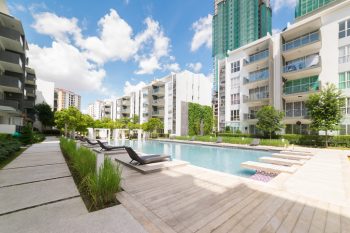
If you pay rent to a landlord every month, you have rights to certain things, including a safe place to live. If you or a loved one has been injured in a slip and fall accident because those in charge of the apartment building did not take reasonable steps to keep it safe, you may be entitled to recover damages. The Los Angeles personal injury attorneys at Salamati Law assist individuals throughout California with aggressive representation aimed at holding those liable for your injuries financially responsible.
Do you need a Los Angeles apartment complex slip and fall accident lawyer?
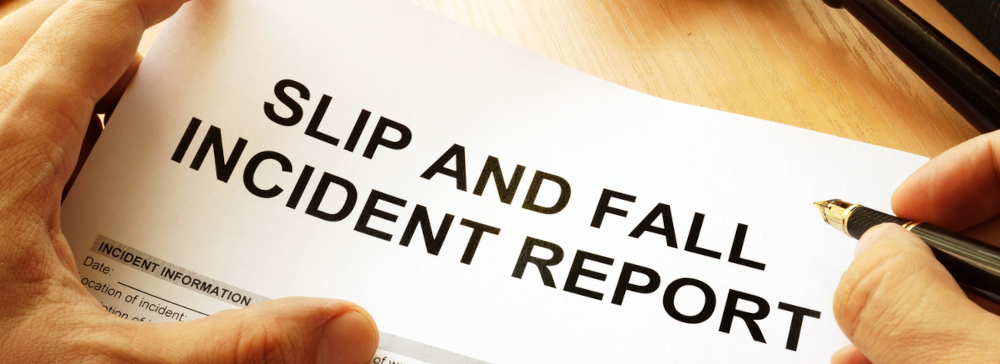
A Los Angeles apartment complex slip and fall accident lawyer could be of great service to you if:
- Landlord negligence and poor property maintenance may have played a role in your fall.
- Your slip and fall injury caused medical expenses and the inability to return to work right away.
- The fall psychologically damaged you, causing anxiety, depression, fearfulness, or PTSD.
Most slip and fall claims aren’t suited for self-representation, as defendants will often deny liability and minimize the plaintiff’s suffering. You can call a Los Angeles slip and fall lawyer at Salamati Law to explore your range of legal options risk-free. We only charge a legal fee once we’ve recovered money on your behalf, so there is nothing to lose and everything to gain by calling for a free consultation.
Common Causes of Apartment Building Slip & Falls
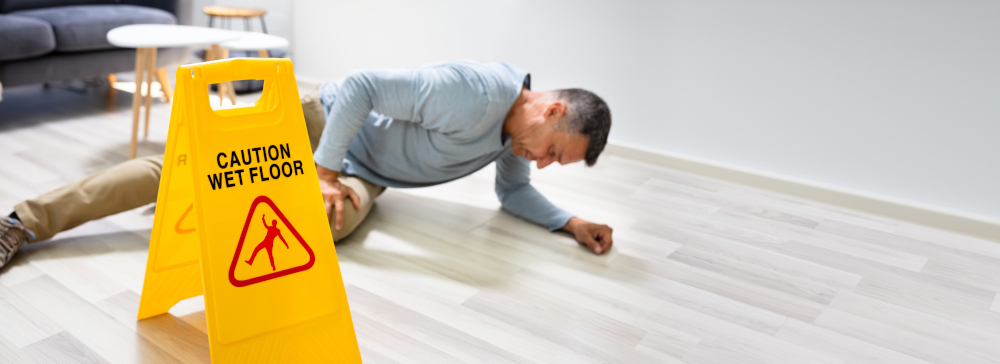
Slip and fall accidents can happen anywhere—particularly apartment buildings. There are countless communal areas in most apartment buildings that could involve a fall accident. This is certainly the case when the property owner or manager fails to take reasonable steps to avoid an accident.
If you were involved in a fall at an apartment complex, you might have a viable case for compensation against the owner or occupier. Financial compensation might be available if you can show they failed to take reasonable steps to protect you from a fall. Some common causes of these accidents include:
- Cracked pavement. Many falls in apartment complexes occur in the parking lot. Parking lots can be dangerous for a number of reasons, but uneven or cracked pavement is especially likely to result in a fall.
- Loose handrails. These buildings are required to provide handrails in every stairwell. If these rails are missing, loose, or damaged, they are not available to help a visitor to the building avoid a fall. This failure could serve as grounds for a viable case for compensation for the injured party.
- Wet floors. Wet floors are a classic cause of slip and fall accidents. In an apartment complex, these hazards are common near swimming pools or sidewalks. However, an unresolved water leak could lead to wet floors anywhere within the building. These wet floors can make for a slick surface that is a dangerous fall hazard.
- Poor lighting. Not all falls occur due to slipping or tripping hazards. In some cases, poor lighting could make it difficult to navigate a hallway or stairwell. Inadequate lighting can occur when bulbs are not replaced when they burn out. This is also an issue when a building is not designed with enough light fixtures.
When can you sue your apartment complex for a slip and fall?
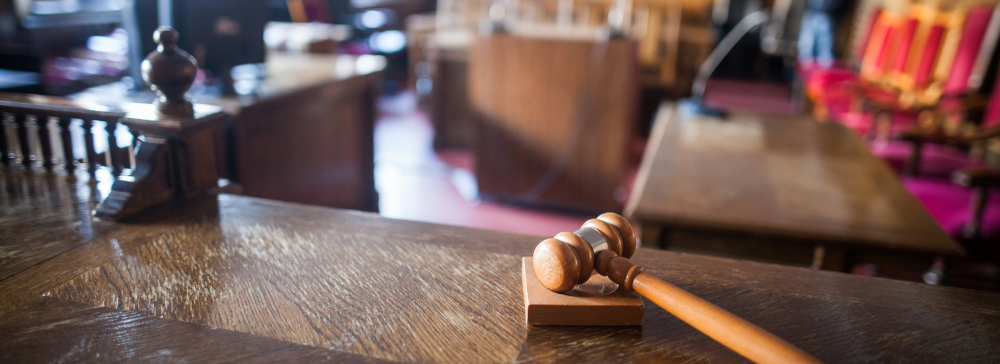
If you’re wondering, “Can you sue your apartment complex for a slip and fall,” the answer lies here:
- Did you have permission to be on the premises?
- Did you slip and fall in an area maintained by the landlord?
- Was there some hazard that caused your accident?
- Did you get seriously hurt from the fall, causing medical bills and lost wages?
- Has it been less than two years since you fell?
The moments before a slip and fall can be confusing. It’s always worth taking a closer look.
When is a landlord liable for a slip and fall in an apartment building?
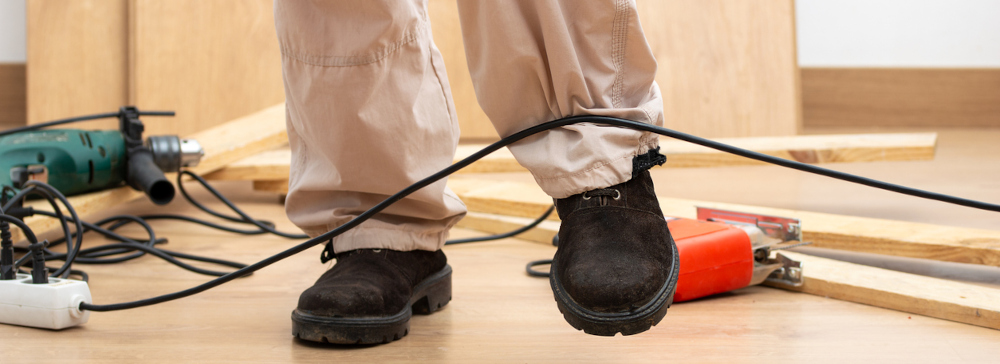
Property manager and landlord liability are triggered when they breach their duty to “act reasonably” to fix or warn of defects on the premises. A slip and fall in an apartment building becomes a potential lawsuit when a person becomes injured due to negligence.
Examples of personal injury in an apartment complex
- If a tenant has complained to the property manager that the staircase carpet is loose, the property manager and owner may be liable when someone trips on it. But if the carpet was recently dislodged and the landlord or property manager had no reason to know, they may not be liable.
- If a tenant suffered an injury when they slipped on a liquid that spilled from their mug, they might not have as strong a claim against the property owner or manager. In that instance, the hazard was likely created by the person who was injured.
- If a tenant suffered a fall down the stairs, and it can be determined the stairs were not built to local building code, then the landlord and potentially the builder could be held liable for an unsafe condition on the property.
What parts of the property are landlords responsible for maintaining?
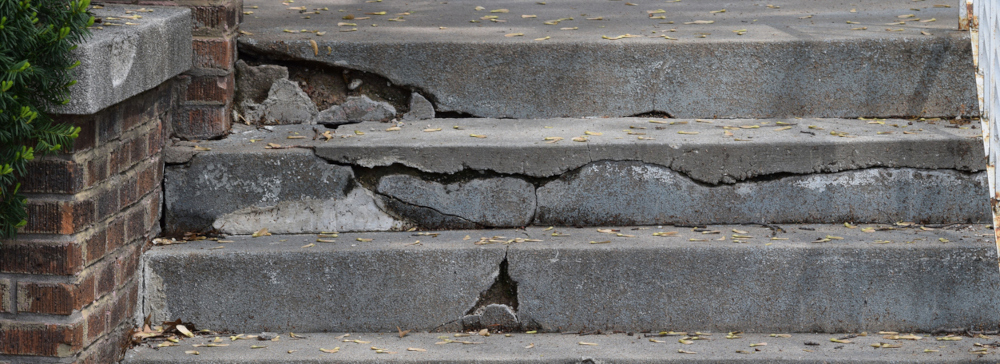
Inside tenant units, some unforeseen wear-and-tear will inevitably occur over time. It is not customary for landlords to inspect them. Unless the tenant notifies the landlord of a hazard or dangerous situation, it is not reasonable to presume the landlord should have taken action. If you have complained about something like a blown-out stairwell light or a crumbling ceiling, which was not repaired and caused you harm, you may have a strong premises liability claim.
Certain areas are presumed the landlord’s responsibility to check and maintain on a routine basis, such as:
- Common area entrance
- Complex common grounds
- Dog runs
- Front walks and sidewalks
- Hallways
- Parking lot
- Picnic areas
- Pool decks
- Ramps
- Recreational facilities and playgrounds
- Restrooms
- Stairs
- Yard and greenspaces
What kind of evidence is needed to prove landlord liability?
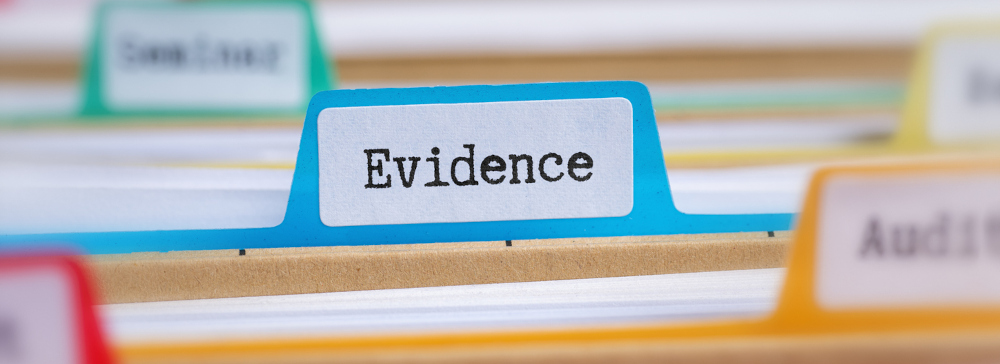
The key questions a Los Angeles personal injury attorney may ask to determine liability include:
- What was the condition of the premises?
- Who created the hazard?
- Did the landlord have knowledge and an opportunity to repair it?
Plaintiffs who were injured within an apartment complex can bolster the strength of their cases by gathering evidence from the scene of their slip and fall accident, such as:
- Photos of the location
- Contact information from witnesses
- A list of tenants who could testify as to how long the unsafe condition existed
- Copies of any notices or complaints that you or your neighbors have filed with the landlord
Also, you will need to prove that the defective condition caused your injury. Strong supporting evidence may include:
- Hospital discharge papers or doctor summaries
- Other medical records that speak to any pre-existing injury
- Expert testimony to prove that a part of the building was not up to code
Your personal injury lawyer may also request information from the landlord, including:
- Building inspection records
- A list of complaints about the condition of the property
- Contact information and schedules for employees
- Maintenance manuals
- Repair logs
- Liability agreements between the property owner and the property manager or maintenance crews
Lawyers often take depositions– formal interviews containing sworn statements— to get the landlord’s version of events recorded. Sometimes this evidence can be used in court to highlight discrepancies in the defendant’s story or to prove knowledge of the hazard that gave rise to the injury.
Compensation for an apartment building slip and fall settlement in California
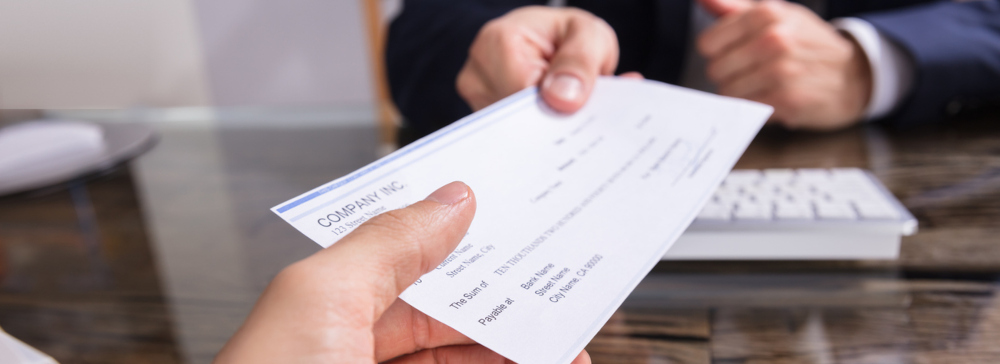
It’s not uncommon for apartment building slip and fall settlements to reach into the hundreds of thousands, or even the millions, of dollars. Working with an experienced attorney will help you understand whether the amount offered by the landlord’s insurance company is fair. Compensation for your claim will depend on a variety of factors. Most notably, these amounts relate to:
- The amount of medical bills
- Out of pocket costs for medication and medical equipment
- Lost wages
- Prognosis for recovery
- Extent of any disability caused by injury
- Physical and emotional pain and suffering
- Loss of consortium
If a plaintiff was partly at fault for the fall, they are still permitted to pursue a slip and fall claim against the landlord, but the settlement or award may be reduced by the proportion of the claimant’s own negligence.
Statute of Limitations for California
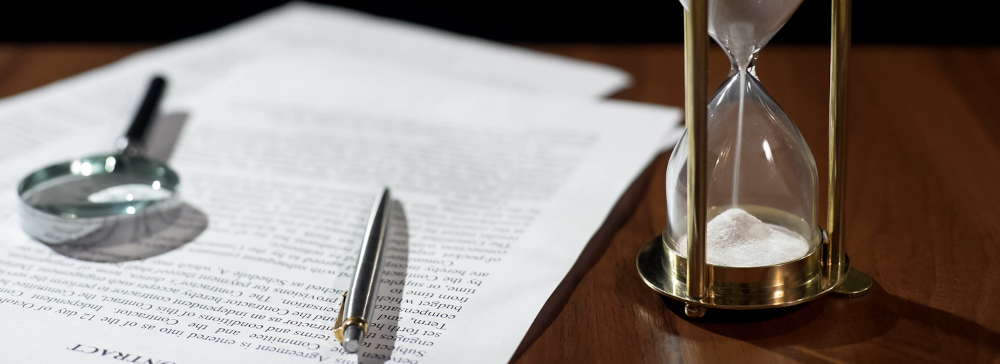
A personal injury claim in California must be filed within two years. If an injury victim fails to file a lawsuit within that time, the claim may no longer be valid unless certain exceptions apply. If you were injured by a slip and fall that occurred more than two years ago, it is still worth asking your personal injury attorney whether an exception applies to your unique circumstances.
Why it is Worth Working with an Experienced Los Angeles Personal Injury Attorney
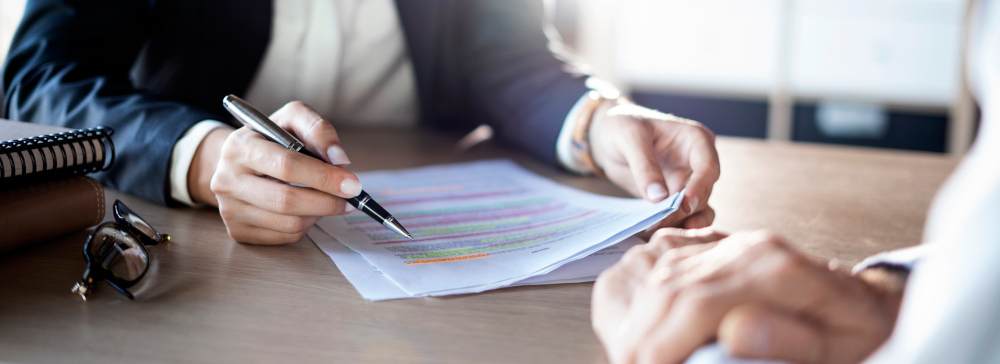
Personal injury litigation works best with an experienced personal injury attorney on your side. We recently helped a woman obtain $500,000 for a fractured hip from an apartment slip and fall accident. If you have been injured in an apartment building slip and fall accident, you need a slip and fall lawyer who knows how to get results– you need Salamati Law. Please call today to schedule your free, no-obligation consultation. We represent clients throughout the state of California and are here to help you obtain maximum compensation for your injuries.
Additional resources for slip and falls in apartment buildings:
1. California Legislative Information, Civil Code § 1953, https://leginfo.legislature.ca.gov/faces/codes_displaySection.xhtml?lawCode=CIV§ionNum=1953
2. California Courts, Statute of Limitations, http://www.courts.ca.gov/9618.htm